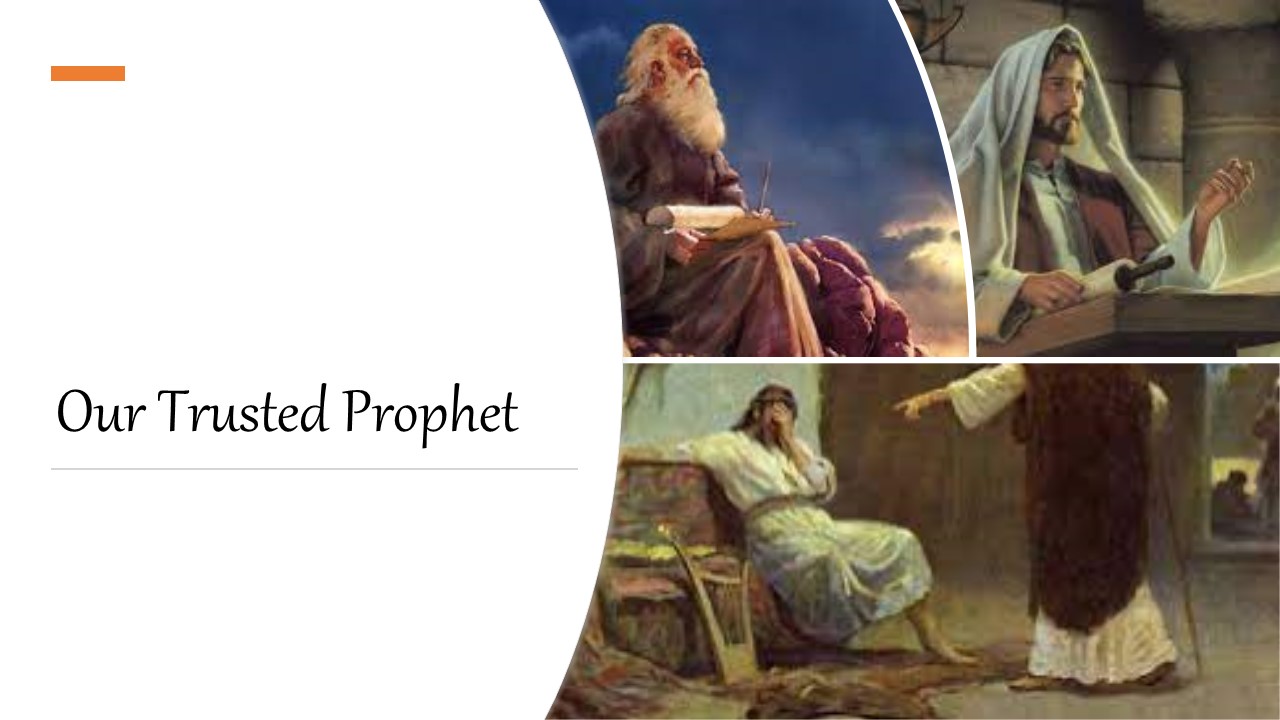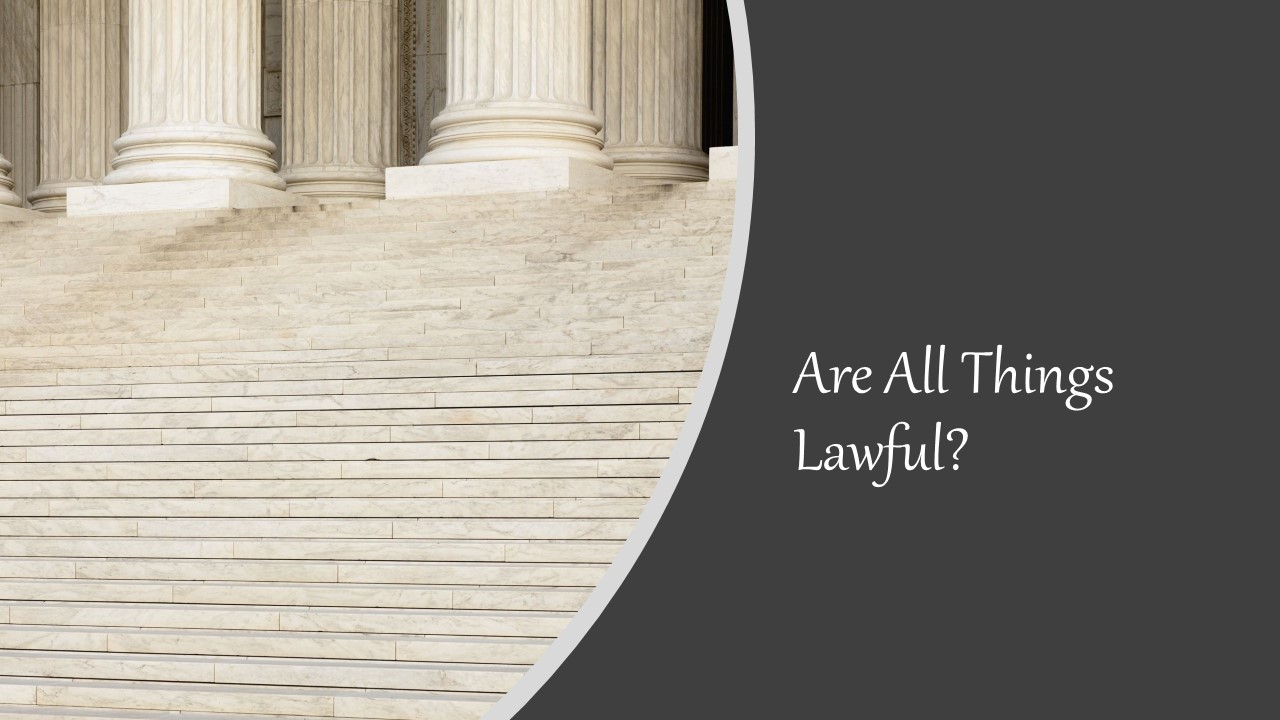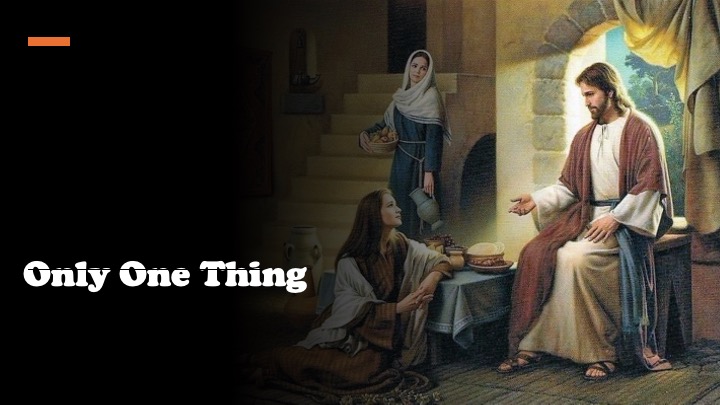The Parable of the Pharisee and the Tax Collector (Luke 18:9-14) is a striking teaching delivered by Jesus to those "who trusted in themselves that they were righteous, and treated others with contempt." Set in the Temple, the story contrasts two men praying: the Pharisee, who boasts of his meticulous religious discipline (fasting, tithing) and pointedly thanks God that he is "not like other men," including the nearby tax collector; and the tax collector, who stands far off, beating his breast in sincere shame and crying out only, "God, be merciful to me, a sinner!" Jesus uses this sharp juxtaposition to reveal that genuine spirituality is not about outward religious performance or comparative morality, but about absolute dependence and humility before God.
The parable dismantles the blindness of religious pride by exposing the fatal flaw in the Pharisee’s prayer: he needed nothing because he believed he had achieved everything. His prayer was a sanctified performance directed at God, using the divine as a prop for self-exaltation. Conversely, the tax collector, a known social outcast and economic collaborator, brought nothing but raw confession and a profound plea for hilastheti—a word that evokes atonement and divine covering. Jesus delivers the startling reversal by declaring that the tax collector, the one society condemned, went home justified (declared right with God), rather than the outwardly virtuous Pharisee. This confirms that the dividing line between the accepted and the unaccepted is not determined by external deeds but by the internal state of the heart.
Ultimately, this parable serves as a cornerstone of the Gospel, revealing the heart of Jesus and the nature of true justification. Jesus affirms that God is not impressed by boasting or merit; He is moved by a contrite heart and the faintest cry for mercy. The concluding moral—"everyone who exalts himself will be humbled, but the one who humbles himself will be exalted"—is a clear statement of the Kingdom's great reversal. It teaches that salvation is not a reward for religious effort but a gift of grace received through faith and humility. The parable thus stands as a perpetual challenge to believers to shed the "Pharisee within" and constantly approach God with the naked honesty and brokenness of the tax collector.

The role of prophets in the Old Testament was not limited to conveying messages about the future but extended to teaching, instructing, and calling...

Spiritual arrogance had caused some Corinthians to have a warped understanding of freedom. They actually believed that their freedom had lifted them above the...

In this episode of the 10:10 Thrive Podcast, we reflect on Jesus’ profound interaction with Mary and Martha in their home in Bethany. These...